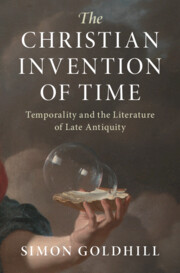Ideas and opinions about communication and intellectual exchange underwent significant changes during the transition from the Middle Ages to the Renaissance. The rediscovery of parrhesia by the humanists of the Quattrocento is one of the least studied of these changes, and at the same time, paradoxically, one of the most fascinating. My main argument in these pages is that the recovery of Hellenistic “freedom of speech” was a process that took place from the thirteenth century through the first decade of the sixteenth century; thus it began well before the term παρρησία was common currency among humanists. This is the most important and counterituitive aspect of the present analysis of early modern parrhesia, because it means that the concept did not develop at the expense of classical and biblical tradition so much as at the expense of late-medieval scholastic speculation about the sins of the tongue and the legitimation of anger as an intellectual emotion. To illustrate this longue durée process, I have focused on three stages: (i) the creation, transformation, and assimilation by fourteenth-century humanism of the systems of sins of the tongue, and especially the sin of contentio; (ii) the synthesis carried out by Lorenzo Valla between the scholastic tradition, the communicative presumptions of early humanism, and the classical and New Testament ideas of parrhesia; and (iii) the systematization and transformation of this synthesis in Raffaele Maffei's Commentariorum rerum urbanorum libri XXXVIII. In closing, I propose a hypothesis. The theoretical framework behind Maffei's encyclopaedic approach is not only that he was attempting to synthesize the Quattrocento's heritage through the prism of classical sources; it was also that he was crystallizing the communicative “rules of the game” that all of Christianitas implicitly accepted at the beginning of the sixteenth century. Taking the three ways of manifesting the truth considered by Maffei and fleshing them out in the figures of Erasmus of Rotterdam, Celio Calcagnini, and Martin Luther just before the emergence of the Protestant Reformation could help to explain from a communicative perspective the success and pan-European impact of the Reformation.


